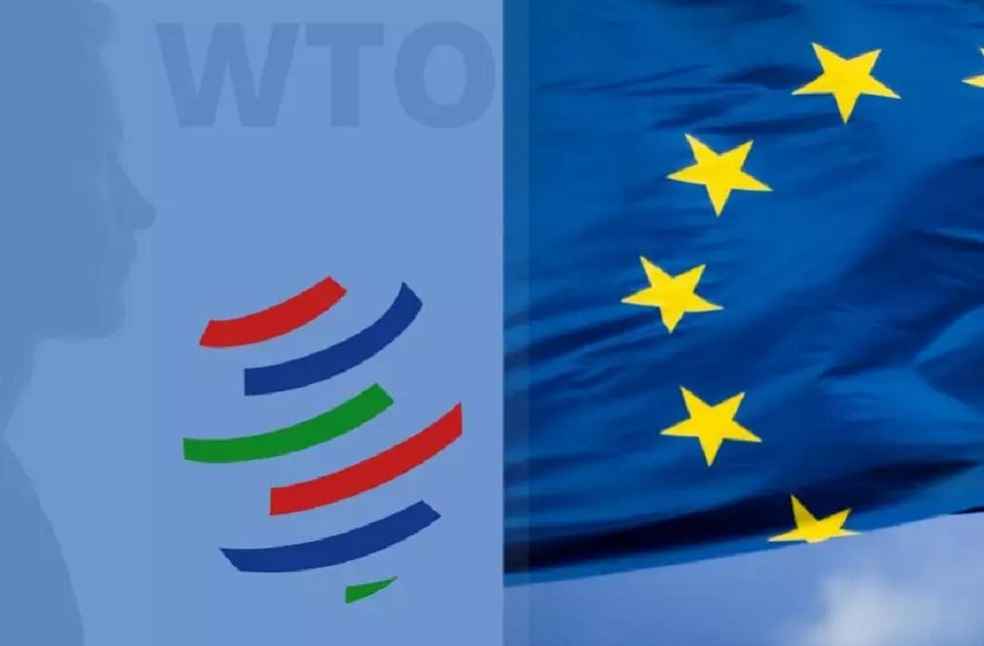The World Trade Organization (WTO) has consummated negotiations surrounding the pivotal Agreement on Investment Facilitation for Development (IFD), underscoring a significant advance in capitalizing on the economic potential of foreign direct investment (FDI) to buttress socioeconomic development in financially disadvantaged countries.
The IFD Agreement is a targeted response to practical impediments confronting new investments, specifically within burgeoning economies. It guarantees transparency in regulatory frameworks, expedites the labyrinthine procedures associated with investments, and fortifies the rapport between investors and administrative bodies, thereby engendering an environment conducive to investment.
Originating from a consortium of developing nations, the negotiations culminated in the participation of 113 WTO members, inclusive of the European Union (EU), the predominant source of global FDI. The EU harbors a definitive interest in cultivating a more predictable, efficient, and transparent investment milieu.

The IFD Agreement is a continuation of WTO’s commitment towards the economic and holistic sustainable development challenges of the 21st Century, following the Joint Statement Initiative on Domestic Regulation in Services in 2021 and the Multilateral Agreement on Fisheries Subsidies in 2022.
The IFD Agreement underscores the enhancement of transparency and predictability in investment-related stipulations, streamlined investment authorization procedures, promotion of e-government, and nurturing symbiotic relationships between investors and local administrative bodies. Furthermore, it highlights the necessity of endorsing responsible business conduct and staunchly combating corruption.
The Agreement, applicable to FDI across all sectors, aims to invigorate economic diversification and ensure a prolonged, positive impact on the host country by encompassing the entirety of the investment lifecycle.

The ensuing phase will concentrate on integrating the IFD Agreement into the WTO rulebook, necessitating a consensus amongst all WTO constituents. Regarding its implementation, the Agreement empowers developing nations to autonomously dictate the timeline for the enactment of each provision, providing them the latitude to decide on their requirement for technical assistance or capacity-building support.
The EU has proactively initiated pilot projects to assist emerging economies in determining their forthcoming assistance requirements for executing the agreement.
In light of the fact that developing countries are grappling with a $4 trillion annual investment shortfall to accomplish the WTO’s sustainable development objectives by 2030, the IFD Agreement offers a beacon of hope. Poised to bridge this gap and facilitate structured deliberations on investment facilitation, the Agreement represents a significant stride towards a more inclusive and sustainable global economy.
BUSINESS GENERAL | Cryptocurrency Regulations: Navigating Global Waters


